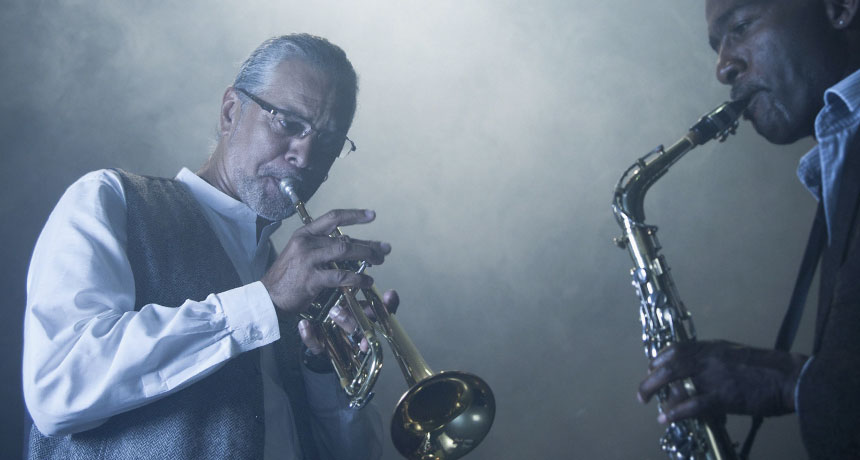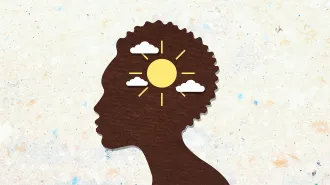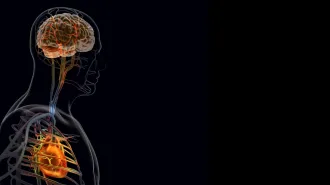Jazz improvisers score high on creativity
Musicians trained to improvise responded more quickly to unusual chords and showed stronger creativity than others

ALL THAT JAZZ Improvisation and creativity may go hand in hand, an analysis of musicians’ brain activity reveals.
Blend Images/Shutterstock







